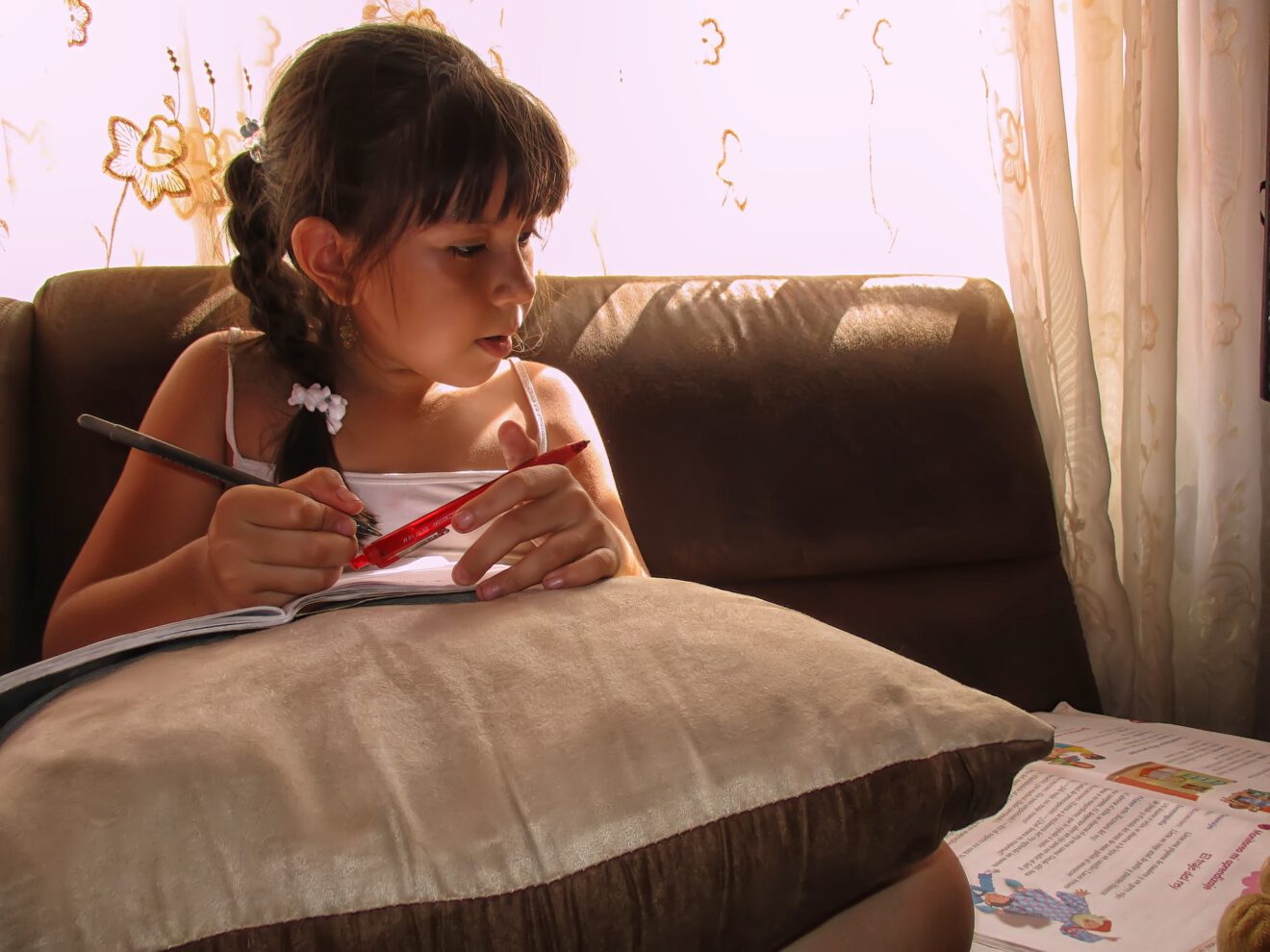It is a challenging moment in America. I say that not because of who won the election, but because of how angry and upset we all have been for months and years. We find ourselves at a moment when it is difficult to listen, let alone reach out to others who have a different view. We see this in the increase of harassment and bullying in our schools. In the face of these challenges, what we teachers know about students and what we do in our classrooms is exactly what this country needs.
What do teachers know? We know how hard life is for so many families in America. Our students walk into our classrooms burdened by enormous challenges. The child who arrives hungry. The child who arrives sleepless because of a foreclosure. The child who must leave because of divorce. The child who has no place to do her homework or is late to school because there is no one to watch her younger brother. The child who was absent because he was translating for his parents at the housing office or at immigration. We hear about the lost jobs, the sick parents. We see the anger, the frustration, the bitterness. White, black, brown, immigrant, indigenous, urban, suburban, rural, working class, middle class, rich or poor — we know the struggles of America. We know how real it is.
What can teachers do? We can create classrooms that are safe places of learning for everyone. We don’t allow bullies to bully, but we also don’t isolate and hate the bully. We reach for the bully and create safety for the bully to figure out a different way to be. We make clear that negative, mean behavior is unacceptable — that the mistreatment of others is not ok. We don’t allow children to take out their problems on other children. We create dialogues in our classroom when children get into an argument. We reach out to the young people who cut class, who can’t read, who make jokes, who deface school property, who bring drugs, who fight. We don’t just suspend them, ignore them, distance ourselves from them. We know that it is our job to bring them back into the classroom, into relationship with others so they can learn and be in community.
We don’t always succeed. There are always those we do not reach — those whose anger and disconnection simply puts them too far away. They won’t stop bullying. They won’t stop disrupting. They won’t accept our love and caring. This does happen. Even the best schools and teachers lose children.
We also don’t always know what to do. We have our own biases that arise from culture and community. These biases affect how we think about people who are different. We aim to model what it is to learn, but this work is challenging. And we work in schools and districts that struggle to tackle these differences, be it rural versus urban, race, class, language, ability, religion or identity. But if we expect our children to be safe, we must grapple with what we do not know — and who we don’t know — so that our classrooms can be safe places to learn.
And nonetheless, at this moment in American history, what I know is that teachers do extraordinary work every single day. We practice what it is to learn and grow ourselves so that we may listen deeply and reach every child we can. When their fears and struggles are heard and validated, when they are engaged fully as people, when at least some of their unmet needs are met, they thrive in our classrooms. And when children thrive, families respond.
What we do in our classrooms we might be able to do within and across our communities. We connect with families in this nation each day. We can help lead this country towards productive dialogues, objective listening and true humanity. Because people who feel valued and heard cannot be manipulated towards messages of hate.
So let us take what we know and what we do at our best and reach out to the children and families in our communities. Encourage and challenge each other. Support school communities, virtual communities, districts, schools of education and unions. It takes hard work. It is our work because families trust us to teach their children. So let us get to this work. America needs us now more than ever.
__________________________________________
Like this article? Sign up for SmartBrief on EdTech to get news like this in your inbox, or check out all of SmartBrief’s education newsletters, covering career and technical education, educational leadership, math education and more.
